As a parent, you are very aware of your child’s health. Whether your child develops a cough, seems to be overly tired, or is running a fever, you take the time to ensure they see the doctor. However, many parents aren’t aware that their child’s dental health could also put their general health at risk. Here we explain the potentially deadly danger of tooth decay when left untreated and why dental care is so important.
The Risk: Periapical Abscess
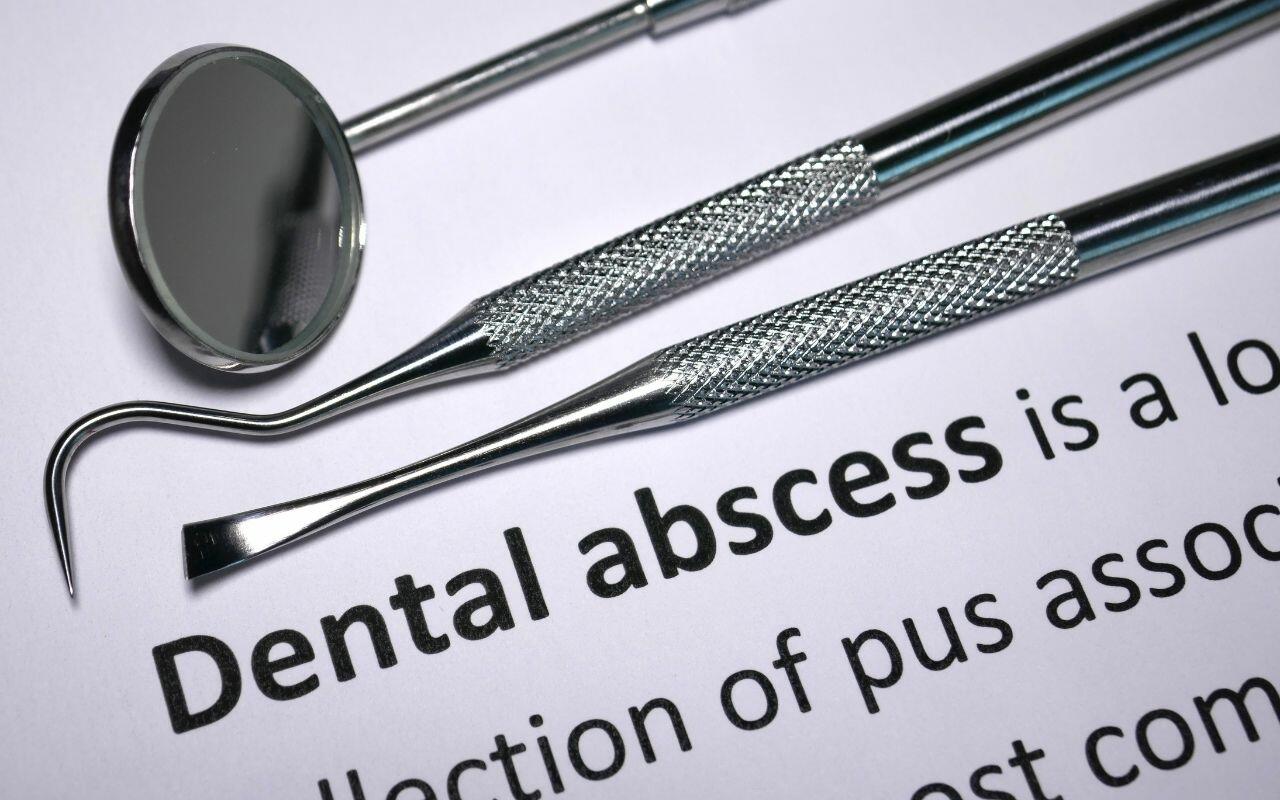
Poor dental health and a lack of regular dental checkups put your child at risk for something called a periapical abscess. These infections start with a simple cavity. Although our intention isn’t to scare you, it is important you understand that if your child has a cavity that remains untreated, they are at risk for developing a tooth abscess or a more serious periapical abscess. This infection is actually deadly.
Although it might seem unthinkable a cavity could lead to death, as many as 61,000 people end up in the hospital due to periapical abscess with about 66 people dying as a result of their infections. Severe tooth decay can lead to over 830,000 emergency room visits, visits that could be avoided with proper dental care and regular dental checkups.
Baby Teeth And Infection
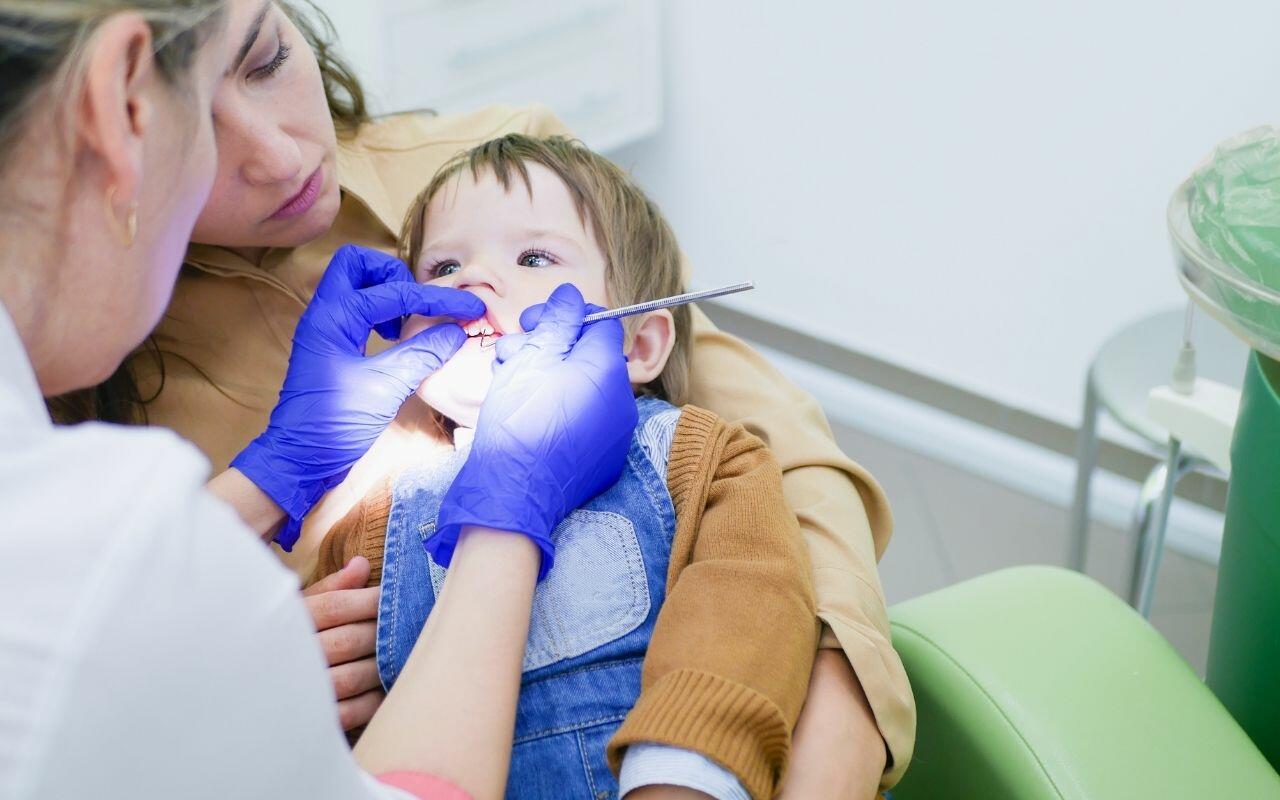
Some parents feel their children don’t need to worry about dental checkups until their permanent teeth start coming in. However, baby teeth are just as prone to tooth decay as permanent teeth. As well, a cavity in a baby tooth can also lead to a periapical abscess. If your child’s primary (baby) tooth is damaged by decay, their tooth requires immediate attention.
When cavities are not treated, the decay continues to move further and deeper into the tooth. If allowed to reach the dental pulp or nerve of the tooth, not only will your child experience severe pain, but they are also at risk of oral infection. In this case, a root canal is required.
Cavities Are Not “Normal”
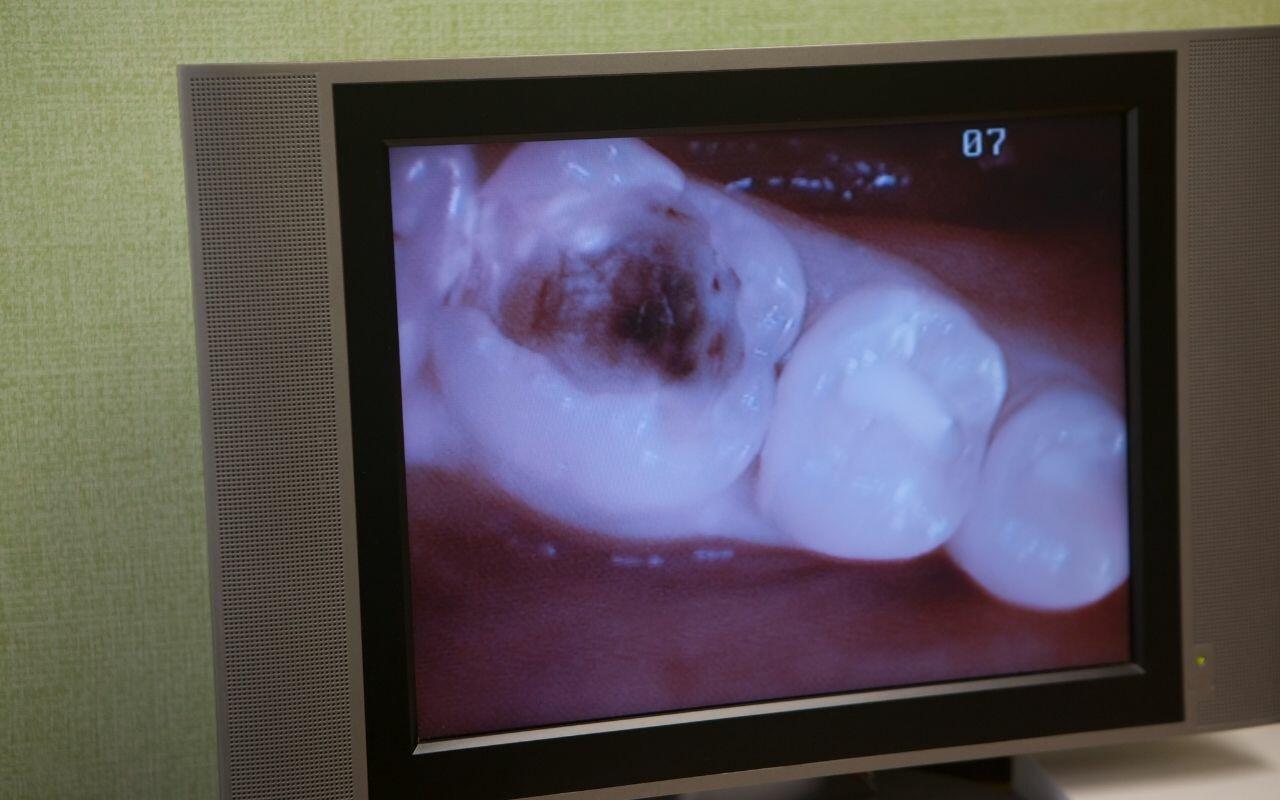
The fact cavities are common does not make them what dentists consider “normal.” Cavities must be treated, even when it is a cavity in a primary tooth. The longer you delay treatment, the more severe the cavity, the more pain it causes, and the more costly it becomes to treat.
The Deadly Danger Of Tooth Decay Is Spreading Infection
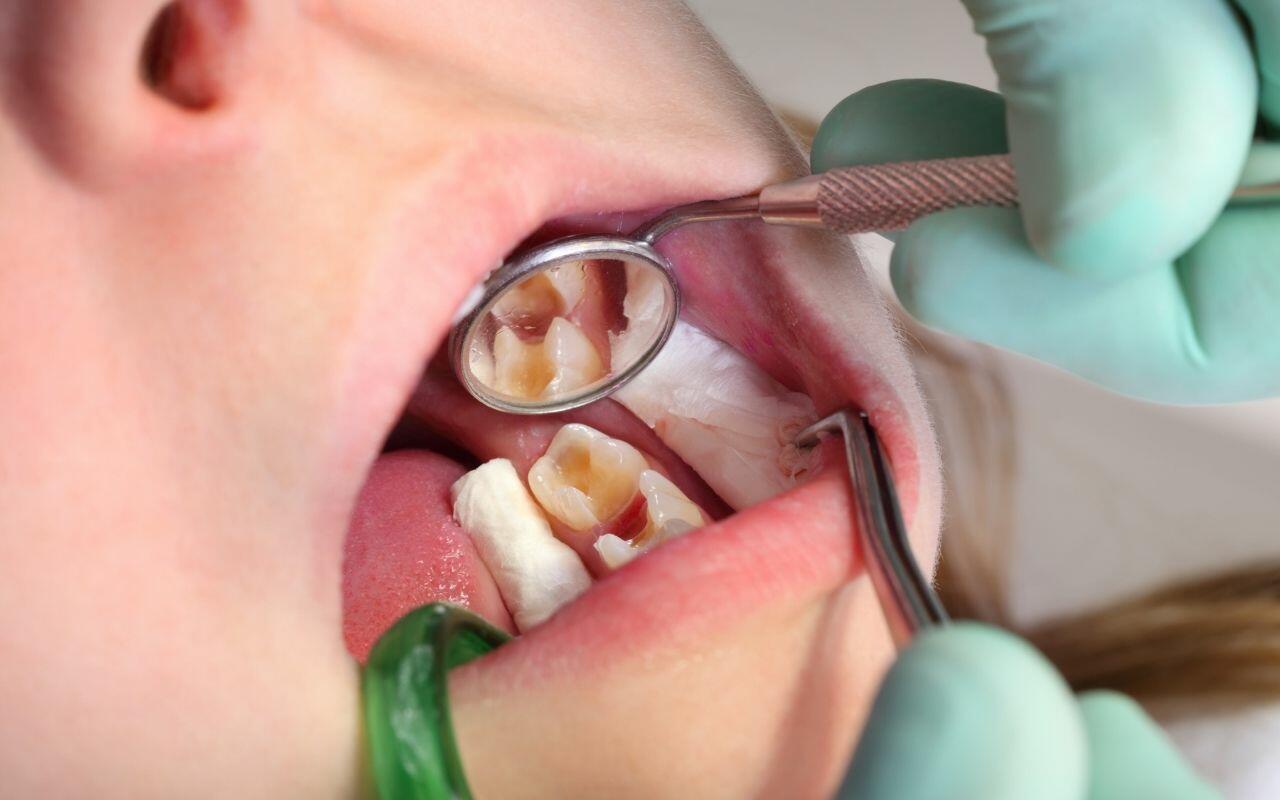
When your child does not see the dentist regularly you are putting their teeth and general health at risk. The reason cavities need to be treated seriously is that when they become infected the infection can reach not just the pulp and nerve, but also their bloodstream. Once this happens it can spread to their organs and the brain. This is why cavities are potentially very dangerous.
Take Preventative Measures

You can help avoid infections including periapical abscesses by taking preventative measures. It all begins with effective, proper oral hygiene at the appearance of your child’s first tooth. A visit to the dentist following the eruption of that first tooth sets your child on a path to lifelong oral health. It is the best way to ensure your child receives dental care and you receive instruction on how to provide a strong and effective at-home dental care regime.
We track your child’s progression following their primary teeth development while ensuring issues don’t exist that can interfere with proper adult teeth eruption. We will also spot tooth decay early and can provide a filling, as well as identify the need for preventative treatments like sealants. For example, 32% of children aged 6-11 have one or more sealants to help protect their teeth from tooth decay.
What Are Dental Sealants?
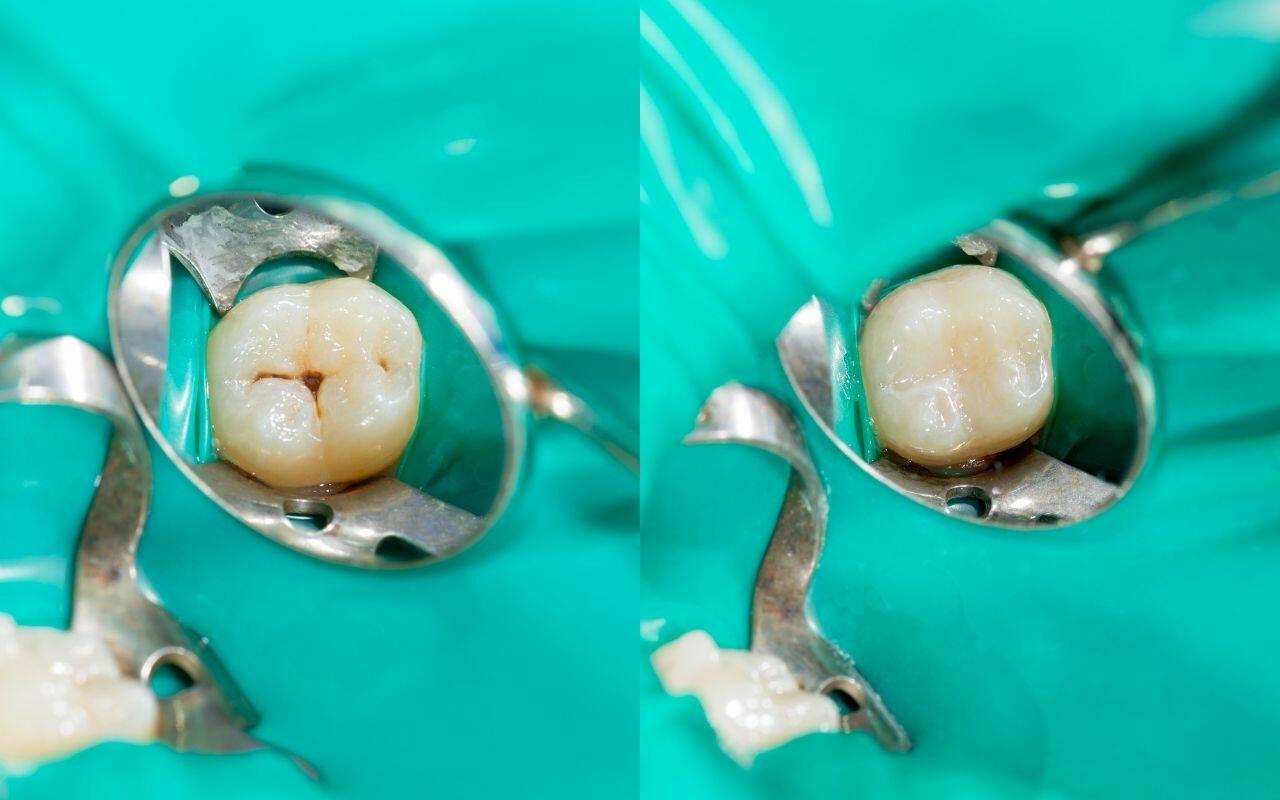
Sealants provide a protective covering for the chewing surfaces of back teeth. This is a treatment recommended for children who are prone to tooth decay. This is a very common treatment with the average child between 6-11 having 2.88 teeth sealed. In older kids aged 12-19, this gets higher at 3.51 teeth representing about 51% of adolescents.
Important Dental Health Statistics
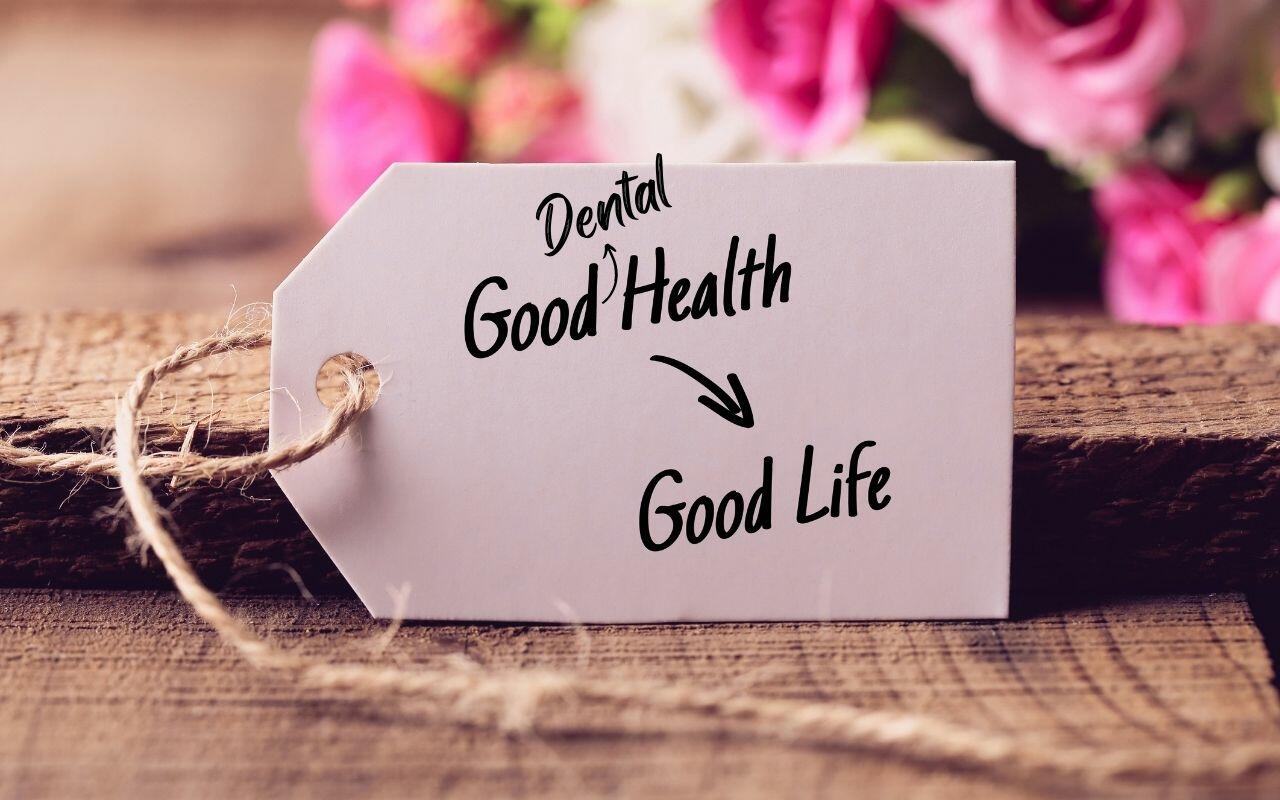
To get a better understanding of the importance of good dental health, here are some Canadian statistics:
- About 2.26 million school days are missed every year due to dental sick days
- 57% of 6–11-year-olds currently have a cavity or filling
- 59% of 12–19-year-olds currently have a cavity or filling
- 5 teeth have decay in children aged 6-11
- In adolescents between the age of 12–19, the average is 2.5 teeth
It’s also very important to understand how poor oral health as a child can lead to issues into adulthood:
- 96% of adults have a history of cavities
- 6% of adult Canadians have lost all their natural teeth
- 21% of adults with teeth have experienced gum issues
- 12% avoid foods that cause pain or problems with their teeth or ongoing pain in their mouth
Considering 34% of Canadians between the ages of 6-79 have teeth requiring dental treatment, providing proper dental care to your child should always be a priority.
As you can see, tooth decay, even in baby teeth presents a serious risk for your child if not treated right away. Even though their baby teeth will eventually fall out, infection from tooth decay can travel through the bloodstream to affect their vital organs which can lead to death. Your best course of action is to prevent tooth decay with a strong oral health regime starting from the appearance of their very first tooth.
To set your child off on the right foot for lifelong oral health, call today to schedule an appointment at 905-775-5307 or click here to request an appointment.
